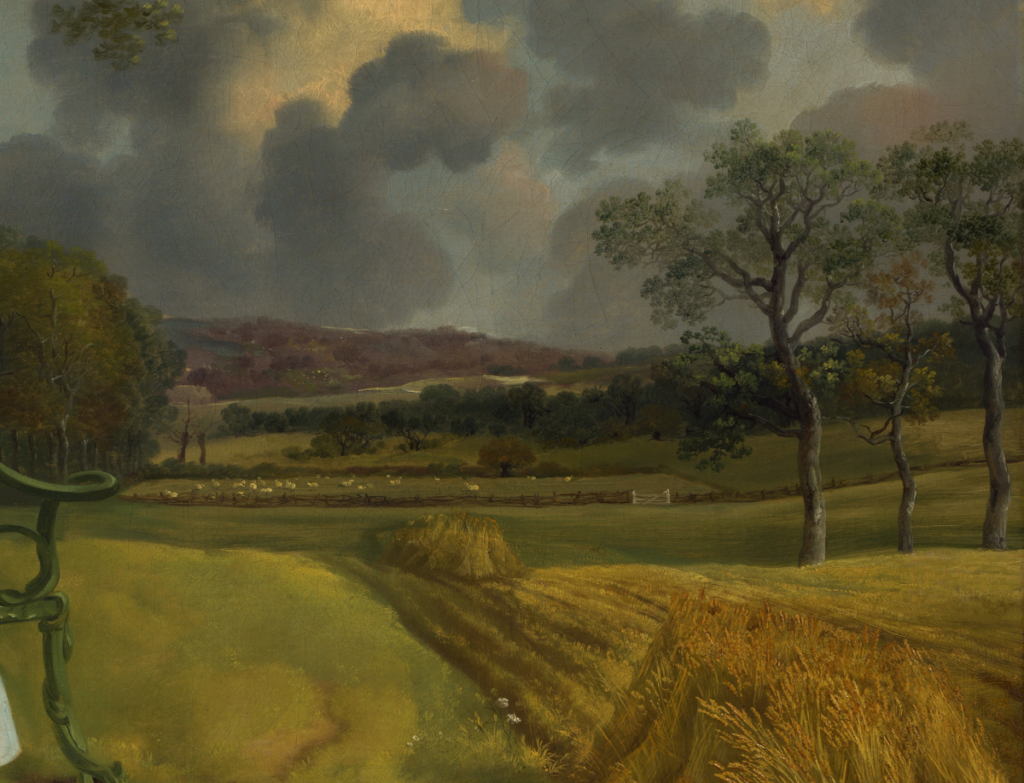The land, the place, is on the front. The people on the back.

Berger captures and defines trends in space:
- The rise of no-where. Conversely, the assertion and value of the local, the particular. The agricultural peasant with “no choice of locality”, who does not “play roles as urban characters do”, but who has now disappeared, at least from Britain, and never existing in the US (“In France 150,000 peasants now leave the land every year [1979]”).
- New perceptions of place: the place of work dividing from the living space. Cubism’s continuation of space. The division of the world, into East and West. The meaning of a train journey from Poland to Moscow. The fusion of the world in the Bienalle. Art put back into place, into context. The unifying urge “to be free of distant, foreign centres which, through long, bitter experience, they have come to know as soulless”.
- It’s metaphorical, but literature as a journey. From reading of Joyce: “To separate fact and imagination, event and feeling, protagonist and narrator, is to stay on dry land and never put to sea.”
- Walks, meetings, places – Krakow, Fischer in Styria. Delft. Paris moving from “the painters’ capital of Europe” to “a city sick with art”. Picasso, visiting the Savoy Hotel in 1918, “the place of acrobats or horse-thieves was taken by waiters and valets… Having ‘shocked’ the distinguished and the wealthy, he joined them… and chose to go the way of the world”.
- Place and the particular as a gesture of the powerless against the powerful. Stones thrown by at tanks by Palestinian children. Stones piled at Eqbal (I think this is Barnenez):
I have come to see the most ancient built monument in the world… What I’m looking at, Eqbal, is a pile of stones. The guidebooks call it a cairn.
Yet it’s far more than a cairn; it’s a highly articulated sculpture… Imagine the deck of a ship. She’s heading northeast to get out of the bay of Morlaix, and then she can go west towards America… this ship is made of stones, and naturally she is married to the earth!
…The word place is both verb and noun. The capacity of arrangement and the capacity to recognise and name a site. Aren’t both inseparable in their origin from the human need to respect and defend their dead?
Place is considered and listed in Ten Dispatches about Place (June 2005). My generalisations:
- Mapless.
- Replaced by signs, places disappear. Except for the especially intrepid.
- Places existing only in the memory of migrants: “They leave because there is nothing there, except their everything, which does not offer enough to feed their children. Once it did.”
- De-localisation. We are no-where, on purpose: “the offshore demented dream of the new ongoing power:…of undermining the status and confidence of all previous fixed places… Brand names and logos become the place-names of the Nowhere”.
- Zones – geography dismembered by corporate interest.
- Globality rejected, and the adoption of the particular.
- Digitalisation of time: “It continues for ever uninterrupted through day and night, the seasons, birth and death… A vertical time with nothing surrounding it, except absence.”
- A moment in time and place persists.
- “Four burros in a field, month of June, year 2005”.
- Mapped.